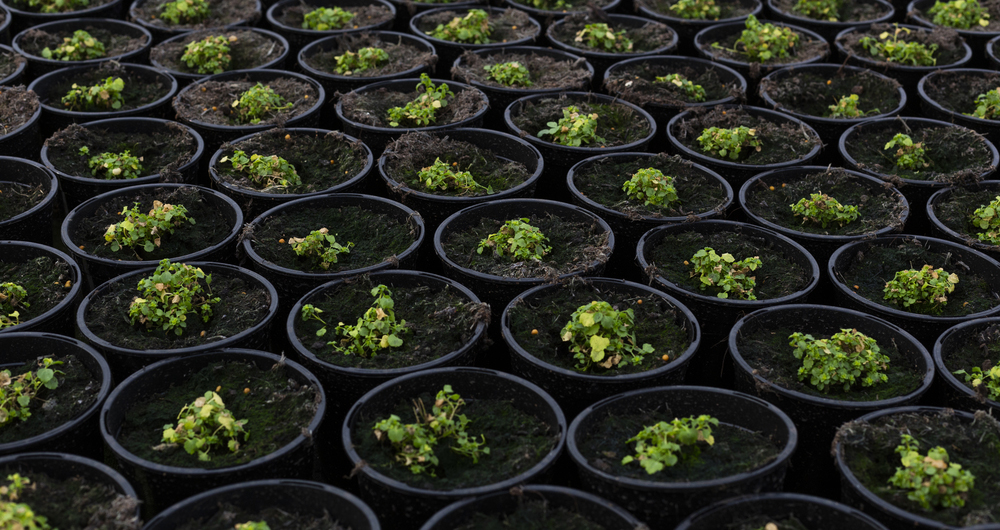Several key changes to the phased introduction of requirements for importing high-priority and regulated plants, and plant products from the EU have been announced. Regulated plants and plant products cover the lower risk plants such as most fruit and vegetables and cut flowers. You can find the full list on Defra's Plant Health Portal, but the key changes are here:
- Phytosanitary certificates will not be required for imports from the EU of regulated plants and plant products (which covers most fruit, vegetables and cut flowers) from 1 April 2021. Pre-notification will also not be required for these products. Instead these controls will be required from 1 January 2022.
- Physical inspections on regulated plants and plant products will come into force on 1 March 2022, and these will take place at authorised Border Control Posts.
- Phytosanitary certificates will continue to be required for high-priority plants and plant products. This includes plants for planting, seed and ware potatoes, and used agricultural machinery, with pre-notification via the PEACH IT system. This will continue for the foreseeable future until the new import of products, animals, food and feed system (IPAFFS) system comes online. More details will be released in due course. There is currently a temporary easement in place on the CSV requirements for PEACH notifications, with only genus-level information required for most plants and plant products: more information
- Physical inspections for high-priority plants and plant products will continue to take place at the Place of Destination (PoD) until 1 January 2022. Beyond this date, inspections will move to an authorised Border Control Post, although the NFU understands Defra is still considering operating an enhanced PoD system for sites that can meet increased throughput, inspection, and customs requirements.
- The introduction of inspection fees for EU imports of high-priority plants has been postponed until 1 June 2021.
- Note that other import controls (e.g. customs declarations and VAT requirements) will still be required, but the option to use the deferred declaration scheme, including submitting supplementary declarations up to six months after the goods have been imported, has been extended to 1 January 2022.
The EU and UK markets remain highly integrated. These changes, which follow extensive engagement between the NFU and Defra, will provide welcome relief across the horticultural sector. As a nation we are dependent on a range of EU imports. Particularly for certain categories of fresh fruit and vegetables that cannot be grown here or, at times of year, when home-grown product is not widely available. The changes to import requirements for fresh produce and cut flowers will be particularly helpful for those businesses which import to supplement their own supplies out of season, reducing costs, delays and paperwork requirements.
Reducing the risk of delays
The extension of the Place of Destination scheme will also help to reduce the risk of delays at the border for the import of plants for planting and other high priority plants. At the same time, the extension of the delay to the introduction of import inspection fees will also provide welcome relief for growers importing young plants for further production as we enter the peak of the season.
Moving forward, in terms of EU imports, and exports of goods from Great Britain to the EU and Northern Ireland, the NFU will continue to work closely with Defra and APHA on long-term solutions to ensure that the new trading regime with the EU
- meets the needs of UK growers
- is cost effective and
- maintains good biosecurity.
Read our member-only article on the Movement of British plants and plant products to Northern Ireland.
